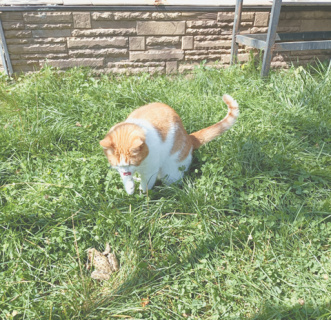
To truly understand the pulse of a city, one must abandon the tourist maps and ride its public transport. The bus, in particular, serves as a rolling theater of daily life, a space where unspoken social rules are negotiated and the anxieties of a generation are laid bare. Here, the smartphone is more than a device; it is a lifeline and a leash. A brief moment of digital disconnection can trigger a cascade of worried calls from an elderly grandmother to a son on an overnight train, a stark reminder of the fragile, hyper-connected web of modern family care. In this same public arena, private family dramas unfold for all to see: a woman, borrowing a stranger’s charger, meticulously dictates layering instructions to her child over the phone—a testament to the enduring reach of parental love across distance.
These spaces are also crucibles of social negotiation, where unwritten codes of conduct are constantly tested. Consider the silent battle for a priority seat. A tired commuter is confronted not with a direct request, but with a series of pointed psychological questions from a woman carrying a small, mournful-eyed dog: ‘Are you pregnant? An invalid? Elderly?’ The pressure mounts, amplified by the amused inaction of a healthy young man sitting in an identical priority seat opposite. The encounter reveals a society grappling with shifting norms of courtesy and public space, where assertiveness often trumps quiet need.
Yet, just as conflict fades, the narrative can shift, revealing a different facet of the urban experience. The same journey that hosts confrontations can also offer moments of unexpected grace. An elderly man, well into his eighties, rises from his seat to offer it not out of frail obligation, but with a firm, gallant gesture that reasserts dignity for both giver and receiver. In an instant, the bitterness of a previous encounter can dissolve, replaced by a quiet, shared moment of mutual respect that transcends the designated symbols on the window.
Beyond the human drama, the daily commute can become a deeply sensory experience. On a quiet morning, the journey is transformed by the sudden, generous aroma of good coffee from a fellow passenger’s thermos. This shared scent, a simple pleasure that costs nothing to receive, envelops the space in a feeling of warmth and contentment. These vignettes—of anxiety, conflict, and quiet communion—are more than just stories. They are dispatches from the heart of a society, revealing its character, its tensions, and its small moments of grace one bus stop at a time.
